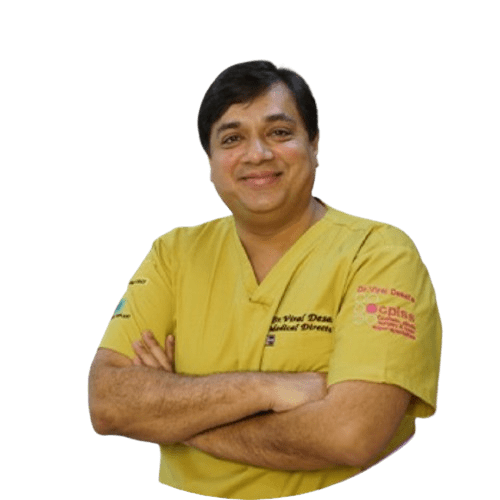In the quest to combat hair loss, understanding the role of hormones is paramount. Hair loss hormone labs at CPLSS, helmed by the renowned Dr. Viral Desai, have been at the forefront of pioneering research and treatments in this field. This article delves into the comprehensive world of hair loss hormone labs, offering insights, solutions, and answering FAQs.
Introduction
Hair loss can be a distressing experience, affecting both men and women.
Finding effective solutions requires a deep understanding of the underlying causes, especially the role of hormones.
Hair loss hormone labs at CPLSS, under the expertise of Dr. Viral Desai, are dedicated to unraveling the mysteries of hair loss and providing cutting-edge treatments.
Let’s embark on this informative journey.
The Science Behind Hair Loss
Understanding the science of hair loss is crucial.
Hair follicles are sensitive to hormone fluctuations, particularly dihydrotestosterone (DHT). When DHT binds to hair follicles, they shrink, leading to hair thinning and eventual loss.
Hair loss hormone labs at CPLSS employ advanced techniques to analyze hormonal imbalances and devise personalized treatment plans.
The Role of Genetics
Genetics play a significant role in hair loss.
If your family has a history of hair loss, you may be genetically predisposed.
Dr. Viral Desai’s labs utilize genetic testing to identify predispositions and tailor treatments accordingly, offering hope to those at risk.
The Importance of Hormonal Balance
Maintaining hormonal balance is critical for healthy hair.
Hormone levels can fluctuate due to various factors, including stress, diet, and lifestyle.
Hair loss hormone labs at CPLSS focus on restoring hormonal equilibrium through precise interventions, promoting regrowth.
Treatments Offered
- Hair Restoration Therapies: CPLSS offers a range of advanced hair restoration therapies, including Exosomes, Mesotherapy and Platelet-rich Plasma (PRP) treatments. These procedures stimulate hair follicles and encourage regrowth.
- Medications: Dr. Viral Desai’s labs prescribe medications to inhibit DHT production and promote hair growth. These pharmaceutical interventions are often combined with other therapies for optimal results.
- Laser Therapy: Low-level laser therapy is used to improve blood circulation to the scalp and enhance hair follicle health. It’s a non-invasive option that complements other treatments.
- Nutritional Guidance: Proper nutrition is vital for healthy hair. CPLSS provides personalized dietary guidance to ensure your body receives the nutrients necessary for hair growth.
Conclusion
Hair loss can be a challenging journey, but with the expertise of Dr. Viral Desai and his team at CPLSS, hope is on the horizon.
Their dedication to understanding hair loss hormones and offering personalized solutions makes them a beacon of light for those seeking to regain their luscious locks.
Remember, addressing hair loss is a journey, not a sprint. Patience, combined with the right knowledge and treatments, can lead to remarkable results. Take the first step towards a fuller head of hair by consulting the experts at CPLSS.
Frequently Asked Questions
Q: How long does it take to see results from hair loss treatments at CPLSS?
A: The timeline varies, but many patients start noticing improvements within a few months, with full results typically visible in 6-12 months.
Q: Are these treatments suitable for women experiencing hair loss?
A: Absolutely. Hair loss hormone labs at CPLSS offer customized treatments for women, addressing the unique causes of female hair loss.
Q: Do I need to continue treatment indefinitely?
A: Maintenance may be required to sustain results, but your treatment plan will be tailored to your specific needs.
Q: Is genetic testing necessary for treatment?
A: While not mandatory, genetic testing can provide valuable insights into the most effective treatment approaches.
Q: Are the treatments safe?
A: Yes, the treatments at CPLSS are safe and performed by experienced professionals under Dr. Viral Desai’s supervision.
Q: Can I combine multiple treatments for better results?
A: Yes, combining treatments may enhance the effectiveness of your hair restoration plan.


